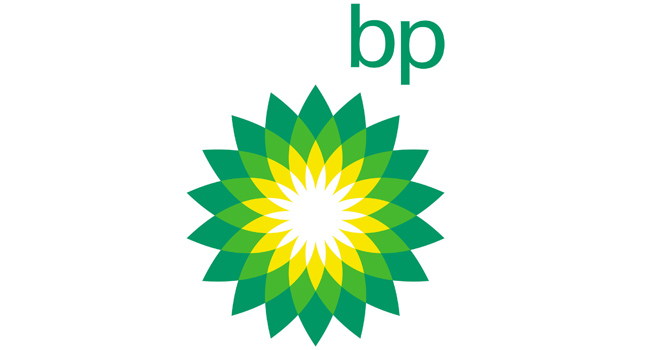Spill victims suing BP in the Deepwater Horizon case have filed a joint brief that claims the oil company is implementing a deeply flawed and deliberately confusing claims process, and is taking advantage of their economic situation by offering a one-time low-figure lump sum from its relief fund in exchange for their signature on releases promising no future claims.
The $20 billion dollar fund headed by high-profile lawyer Kenneth R. Feinberg is under attack by the claimants as an “abject failure” for leaving some 84% of initial “interim” claims unfiled or unpaid, which the brief claims is illegal.
There are 407,754 individuals and 103,424 business that have filed claims against BP claimants. Of these combined 511,178, more than a third were settled by way of the BP “quick pay” program. The program gave them a flat $5,000 check (or $25,000 in the case of businesses) in exchange for their signature on release waiving their right to file future claims against BP and all the other defendants involved with the spill.
“It was kind of like a pressure signing. If you’re hungry and someone offers you something to eat, it’s hard to say no,” a quick pay recipient and Alabama seafood business owner was quoted as saying in the brief.
This, according to the brief, is against the law.
In 1996, an oil barge ran aground off the coast of Rhode Island. The ensuing mishandled payments lead to a 1996 amendment to the Oil Pollution Act (OPA), which made it mandatory for oil spill victims to have their interim claims processed without losing rights to pursue long-term claims. The brief states that BP violated that law by using “coercive tactics to obtain final releases” from interim claimants, deliberately creating an environment of confusion around the process.
BP responded that the law only states interim claims must be processed, not how.
“OPA imposes very limited, purely procedural requirements…In short, OPA does not prescribe how a responsible party must implement the required claims ‘procedure,'” BPA said, according to the brief.
The brief also claims BP is actively withholding interim payments in an effort to extract more “quick pay” agreements. As of late May, according to the brief, BP has left 86.7% of interim claims unpaid, while only 3% of “quick pay” payments are unpaid.
The delay on interim claims processing forces the victims “already on the brink of economic collapse to throw in the towel and give up the rights that Congress sought to protect,” the brief states.
They are asking the New Orleans judge to take over the claims process and enforce “the spirit of OPA,” in the hopes that it will remove the opacity of the process and “ensure accurate
and appropriate communication with claimants.”
According to the NYT, Feinberg responded that “20,000 interim claims and the payment of over $250 million is not exactly evidence of failure,” and that many claims are presented with inadequate documentation. The fund has paid $4.8 billion so far in emergency and final claims, which includes $115 million in interim claims.
This morning, BP announced its “disappointing” $5.6 billion quarter two profits, bringing its 2011 profits to $11 billion thus far. As Think Progress noted, this year BP has spent $2 million lobbying Congress and has made $40,000 in political contributions, 93 percent of which went to Republicans.






